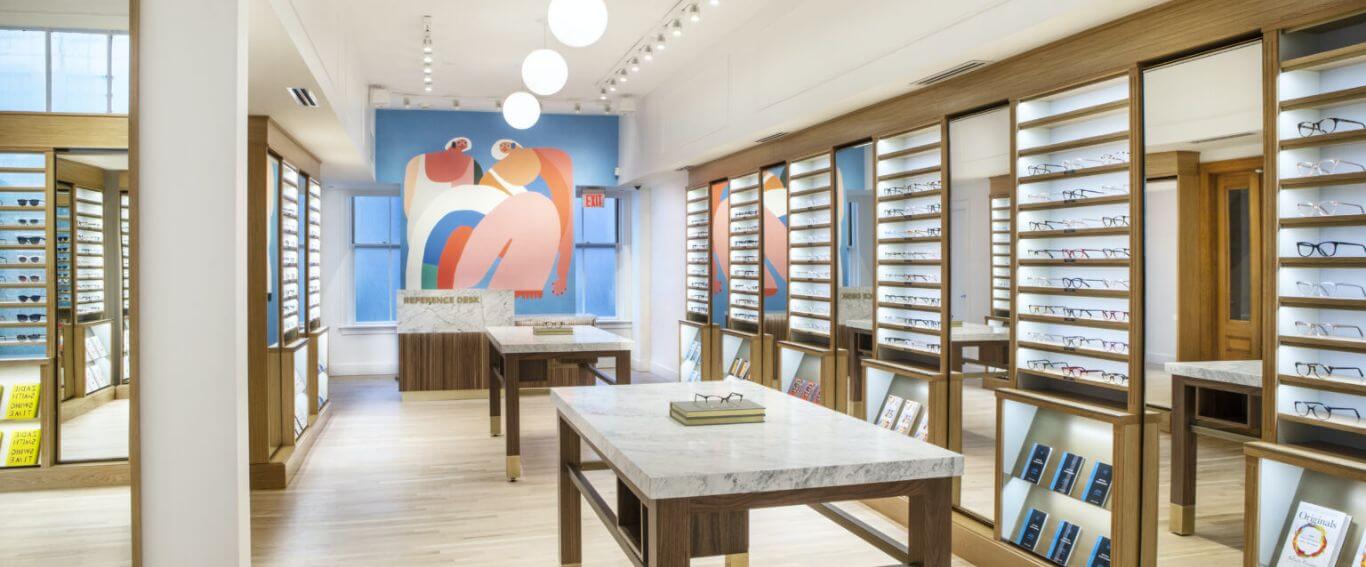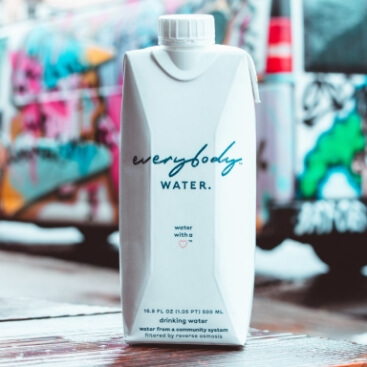Purpose At Work
How IBM’s Call For Code Scales Impact Where It Matters Most

Today, the most successful businesses are driven by a marriage of humanity and technology, purpose and profit, story and data. While many aspire to champion social good and scale income, it’s easier said than done. Warby Parker is a standout example of a company that’s leveraging its impact for business growth. Profits fuel impact and impact fuels profits, creating the sweet spot of social entrepreneurship.
The eyewear company that distributes a pair of glasses to someone in need for every pair purchased was recently valued at $3 billion by Fortune. “We view our investment in our social mission as having an incredibly high ROI over a long time frame,” Dave Gilboa, co-CEO and co-founder of Warby Parker, tells We First.
Since inception, Warby Parker has been dedicated to ensuring everyone has the gift of sight. Through ups and downs the purposeful brand and its founders’ success presents valuable insights for business leaders looking to Lead With We.
After working in finance and consulting for several years, Gilboa decided to leave his commitments and cell phone behind to backpack around the world for six months before he started business school. He lost his glasses on the way. When he got back to school he needed a phone and glasses. He was complaining to his Wharton classmates about how he had to pay $700 for glasses when he could buy an iPhone 3 for $200. “That just didn’t make sense to me,” he said.
“That just didn’t make sense to me."
One of Dave’s co-founders, Neil Blumenthal, had worked to supply impoverished communities around the world with glasses. “Neil realized that there was nothing in the cost of goods that justified these high prices for glasses,” Dave recalls. That sparked discussions that eventually led to Warby Parker.
“We spent an equal amount of time talking about the business model innovation and structural features of the optical industry that would enable us to create this disruptive business as we did talking about how we could build a social mission into this for profit business,” Dave says. Dave’s parents were doctors and he grew up wanting to make a positive impact. “I almost became a doctor,” the co-founder says. “Then I saw that applying business and management skills to problems that could help large numbers of people was another way to meet those goals.”
While it might feel good to do good, what’s the real benefit to the business? “We are firm believers that our social mission makes our business better. It will create more value, allow us to grow faster and be more profitable over the long term,” Gilboa says. One of the reasons that values-driven messages are so important is because it resonates with employees. “We didn’t realize how fundamental that would be in attracting and retaining talent that would also be driven by these goals around impact,” Dave explains.

It also helps the founders stay inspired by the business over the long haul. “We want Warby Parker to be one of the most impactful brands in the world a hundred years from now,” Gilboa says. “Even 10 years into this journey, we’re still really building the foundation for our brand.”
“It would be penny wise and pound foolish to cut these efforts.”
What’s more, consumers want to feel like they’re contributing to building a better world. “When customers connect to our values they want to talk about us. They develop loyalty to the brand,” Gilboa says. “It would be penny wise and pound foolish to cut these efforts.”
After years of successfully scaling growth through impact Gilboa shares three key tips for business success.

How IBM’s Call For Code Scales Impact Where It Matters Most

How Everybody Water Accelerates Growth And Impact

How CleanWell’s Sustainability Commitment Wins Market Share

